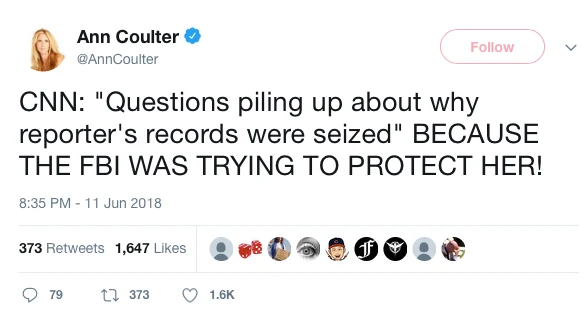In an official report, Democrats on the House Permanent Select Committee on Intelligence asserted that “in their approach to Papadopoulos, the Russians used common tradecraft and employed a cut-out,” a “Kremlin-linked…Maltese professor named Joseph Mifsud.” ...
Conversely, if [the FBI] did know Mifsud and thought he was a Russian agent, why did the bureau continue to send agents to teach at Link, with which he had been affiliated for nearly a decade by the time of the Papadopoulos affair?
Both the bureau and the CIA were constant presences at the school; surely they’d run across Mifsud before.
Many others that the FBI worked with knew him — from high-level British intelligence officials to members of the Italian cabinet. If Mifsud was a Kremlin-linked cut-out, why didn’t the FBI warn the U.S.’s European partners, or even U.S. government agencies, about the man who was at the center of Russiagate? ...
So why did the FBI not arrest Mifsud? The State Department declined to comment when RCI emailed to ask why it did not prevent its officials from appearing at an event with a “Kremlin-linked” figure who was key to Russia’s effort to interfere in the 2016 election.
If Mifsud was a Russian spy, it’s unclear why after Papadopoulos’ July 27, 2017 arrest that no U.S. intelligence officials warned their European partners that they were hosting a foreign agent on their territory. ...
When asked if any action was taken to extradite Mifsud or even interview him further in Europe, the office of the special counsel declined to comment on an ongoing investigation.
The office also declined to answer why Mifsud has not been charged. Mueller indicted 13 Russian individuals and three Russian companies for their involvement in a pro-Russian social media campaign during the 2016 campaign cycle. But the “Kremlin-linked” individual that is alleged to have passed the Trump team information about Russia’s interference in the election is at liberty.

















































